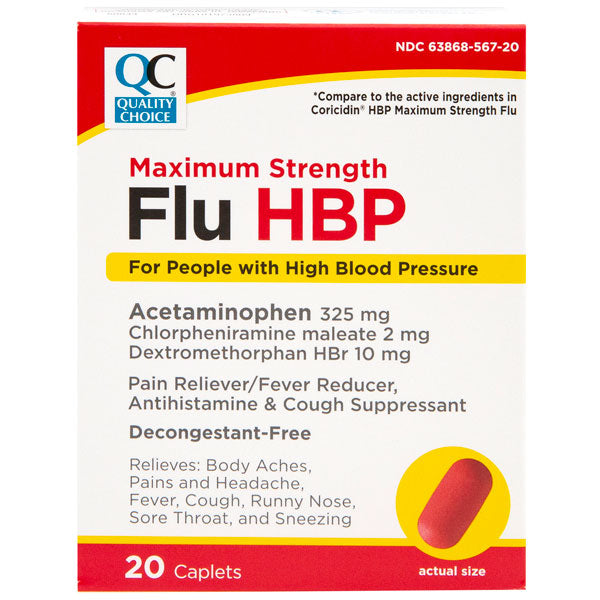
Understanding High Blood Pressure: A Comprehensive Guide
Unveiling the Mystery
High blood pressure, often referred to as HBP or hypertension, is a common yet often misunderstood condition affecting millions worldwide. While its implications on heart health are widely known, understanding the intricacies of HBP is essential for effective management and prevention.
The Silent Killer
One of the most concerning aspects of HBP is its nickname as the “silent killer.” Often asymptomatic, many individuals may be unaware of their elevated blood pressure levels until serious health issues arise. This underscores the importance of regular blood pressure monitoring and awareness.
The Importance of Awareness
Awareness is the first step towards combating HBP. By understanding the risk factors, symptoms, and implications of high blood pressure, individuals can take proactive measures to manage their health effectively. Education and awareness campaigns play a vital role in promoting early detection and intervention.
Factors Contributing to HBP
Numerous factors contribute to the development of high blood pressure, including genetics, lifestyle choices, diet, stress, and underlying health conditions. While some risk factors are beyond our control, adopting a healthy lifestyle can significantly reduce the likelihood of developing HBP.
The Role of Lifestyle Choices
Diet and exercise play a significant role in blood pressure management. A diet rich in fruits, vegetables, whole grains, and lean proteins, coupled with regular physical activity, can help maintain healthy blood pressure levels. Additionally, reducing salt intake, limiting alcohol consumption, and quitting smoking are essential steps in HBP prevention.
Understanding Blood Pressure Readings
Blood pressure readings consist of two numbers: systolic and diastolic. Systolic pressure represents the force of blood against artery walls when the heart beats, while diastolic pressure indicates the pressure between heartbeats. Normal blood pressure is typically defined as below 120/80 mmHg, while readings above this range may indicate hypertension.
Managing HBP Medicinally
In cases where lifestyle modifications alone are insufficient in managing HBP, medication may be prescribed by healthcare professionals. Antihypertensive medications work to lower blood pressure and reduce the risk of complications associated with HBP. It’s essential to follow medical advice and adhere to prescribed treatment plans diligently.
Monitoring and Tracking Progress
Regular monitoring of blood pressure is crucial for tracking progress and evaluating the effectiveness of treatment strategies. Home blood pressure monitors offer a convenient way for individuals to monitor their blood pressure levels regularly, providing valuable insights for both patients and healthcare providers.
Preventing Complications
Unchecked high blood pressure can lead to severe health complications, including heart disease, stroke, kidney damage, and vision loss. Preventing these complications requires diligent management of blood pressure levels through lifestyle modifications, medication adherence, and regular medical check-ups.
Seeking Support and Guidance
Living with HBP can be challenging, but it’s essential to remember that support is available. Healthcare professionals, support groups, and online resources offer valuable guidance and assistance for individuals navigating the complexities of high blood pressure management.
Navigating the Journey
In conclusion, understanding high blood pressure is paramount for maintaining heart health and overall well-being. By adopting healthy lifestyle habits, seeking medical guidance, and staying vigilant in monitoring blood pressure levels, individuals can take control of their health and reduce the risk of complications associated with HBP. Remember, knowledge is power when it comes to combating the silent threat of high blood pressure. Read more about hbp
